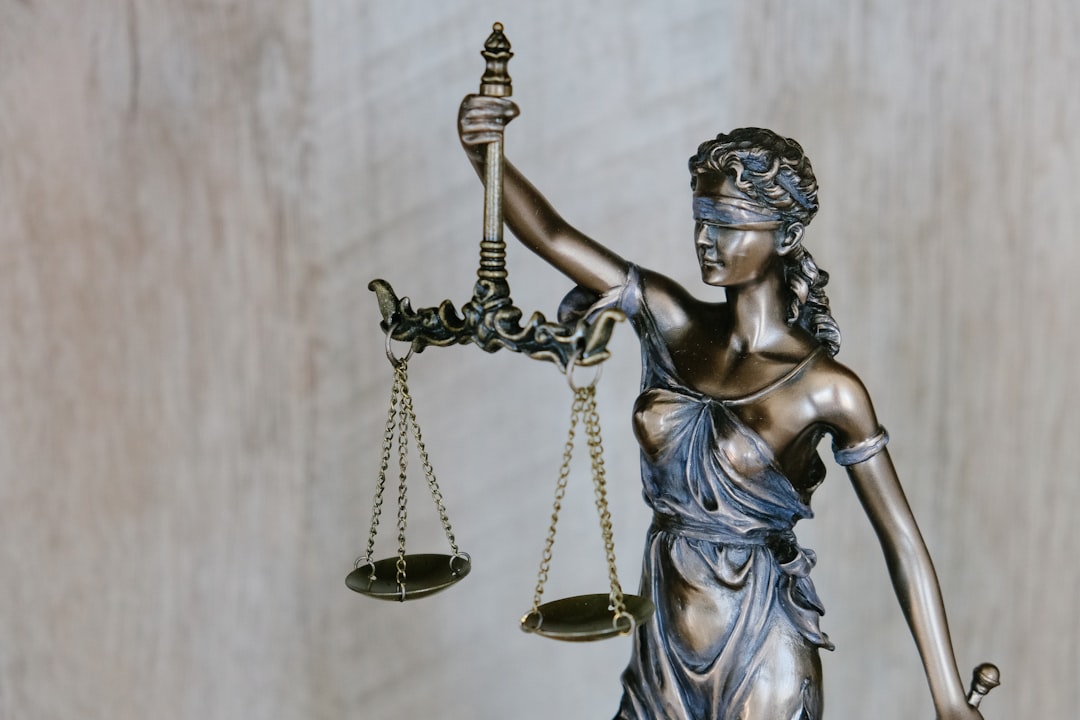Sexual abuse lawyers in Buffalo, NY face complex challenges balancing digital privacy protection with legal transparency while handling sensitive information responsibly. They leverage technology and data analytics to scrutinize digital evidence, navigating privacy laws and implementing robust security measures like encryption and NDAs to safeguard client confidentiality. Future-proofing through secure cloud storage, regular cybersecurity updates, and staff training is crucial for maintaining integrity and building trust in handling sensitive cases.
In the digital age, sexual abuse cases in Buffalo, NY, face unprecedented challenges regarding digital privacy. This article delves into the intricate balance between accessing crucial electronic evidence and safeguarding sensitive client information. We explore how technology impacts legal practices in Buffalo, highlighting the importance of understanding digital privacy for sexual abuse lawyers. From navigating data security to implementing best practices, this guide offers essential strategies to protect clients’ confidentiality while ensuring effective legal representation.
Understanding Digital Privacy in Sexual Abuse Cases

In recent years, digital privacy has become a paramount concern in legal proceedings, especially in sensitive cases like sexual abuse. As a sexual abuse lawyer in Buffalo, NY, it’s crucial to navigate the intricate landscape of data protection and client confidentiality. With the vast amount of personal information accessible online, from social media posts to digital communications, safeguarding privacy is more complex than ever. This is particularly true when representing victims of sexual assault who may need to share intimate details to build a strong case.
Digital privacy in sexual abuse cases involves balancing the victim’s right to confidentiality with the legal need for evidence and transparency. Sexual abuse lawyers must stay abreast of evolving data protection regulations, ensuring that they handle digital evidence responsibly and protect their clients’ sensitive data. This includes understanding various privacy laws and tools available to safeguard information, ultimately contributing to a fair and just legal process while preserving the dignity of the victims.
The Role of Technology in Buffalo's Legal Landscape

In Buffalo, New York, technology plays a pivotal role in shaping the legal landscape, especially in cases involving sensitive issues like sexual abuse. With the rise of digital evidence and online interactions, the city’s legal community has had to adapt to stay current with emerging trends and technologies. For instance, sexual abuse lawyers in Buffalo NY often utilize advanced data analytics and forensic techniques to uncover and analyze digital footprints left by perpetrators, which can include social media posts, emails, and other electronic communications.
This technological advancement not only aids in building stronger cases but also ensures that justice is served efficiently. Digital privacy concerns are at the forefront of these legal battles, as lawyers must navigate the delicate balance between accessing crucial evidence and protecting the private information of their clients. Buffalo’s legal professionals are well-versed in data protection laws and employ sophisticated security measures to safeguard sensitive case details, ensuring a secure digital environment for all involved.
Challenges in Protecting Electronic Evidence

Protecting electronic evidence in sexual abuse cases presents unique challenges for lawyers in Buffalo, NY. With digital devices becoming ubiquitous in our daily lives, it’s not uncommon for victims to have extensive digital footprints that could be relevant to their case. This includes text messages, social media posts, browsing history, and photos, all of which can be crucial pieces of evidence. However, securing this data is complicated by the need to balance privacy rights with the pursuit of justice.
Legal professionals must navigate intricate legal frameworks and adhere to strict protocols when accessing and using digital evidence. They must ensure that all data is collected legally, through proper search warrants or with the victim’s consent, to avoid any potential violations of privacy laws. Moreover, they need advanced technical skills and tools to extract and preserve this evidence without tampering, as its integrity is vital for court admissibility. Effective strategies involve employing specialized software and experts who can meticulously handle digital data while respecting the sensitivity of the case.
Strategies for Ensuring Client Confidentiality

In the sensitive realm of sexual abuse cases, maintaining client confidentiality is paramount for both the well-being of survivors and the integrity of legal proceedings. For sexual abuse lawyers in Buffalo, NY, implementing robust strategies to safeguard confidential information is not just an ethical duty but a crucial aspect of providing quality representation. One effective approach involves employing secure digital platforms for document management, ensuring that all case materials are encrypted and accessible only through authorized personnel.
Additionally, strict protocol on data handling, including regular training on privacy best practices for legal team members, can mitigate risks associated with electronic communication. Using end-to-end encryption for client communications and adhering to stringent non-disclosure agreements (NDAs) further bolsters confidentiality. These measures not only protect the identity of survivors but also foster an environment where clients feel secure in sharing sensitive details crucial for building a robust legal strategy.
Future-Proofing Legal Practices: Best Practices for Data Security

In an era where digital privacy is a paramount concern, future-proofing legal practices becomes essential, especially for sensitive cases like sexual abuse claims in Buffalo, NY. Sexual abuse lawyers must adopt robust data security measures to safeguard client information and maintain confidentiality. This includes implementing secure cloud storage, encrypting sensitive data, and regularly updating cybersecurity protocols to counter evolving threats. By adopting these best practices, lawyers can ensure client privacy, comply with legal regulations, and build trust with their clients.
Moreover, continuous training for staff on data security awareness is crucial. Lawyers should establish clear guidelines and procedures for handling digital information, including secure data sharing methods and incident response plans. Staying proactive in data security not only protects the privacy of sexual abuse victims but also strengthens the integrity of legal services provided by Buffalo-based sexual abuse lawyers.




